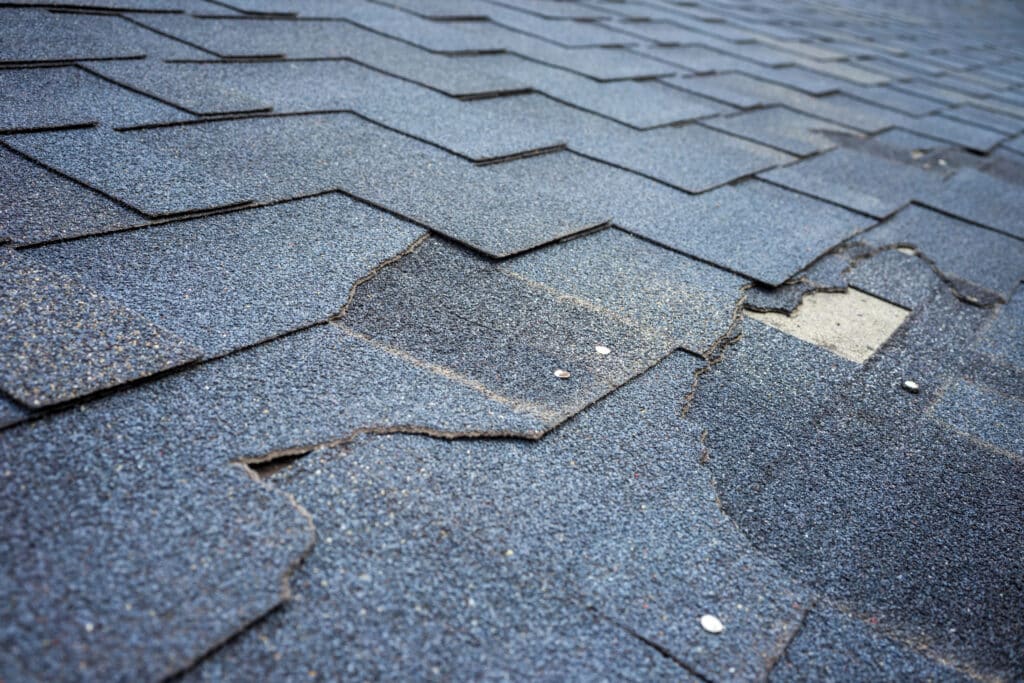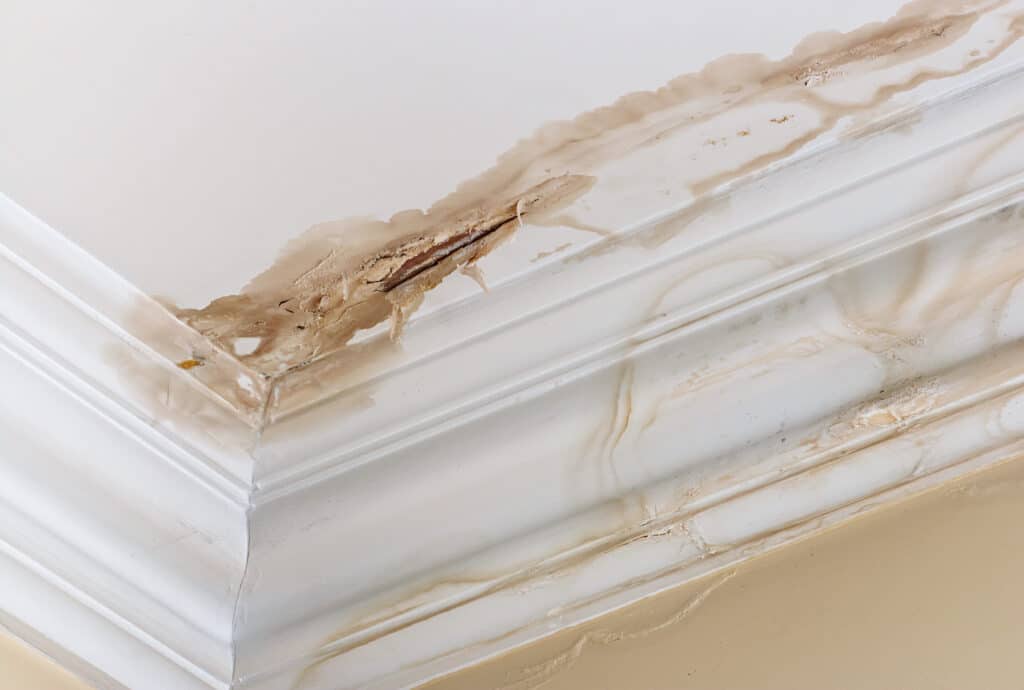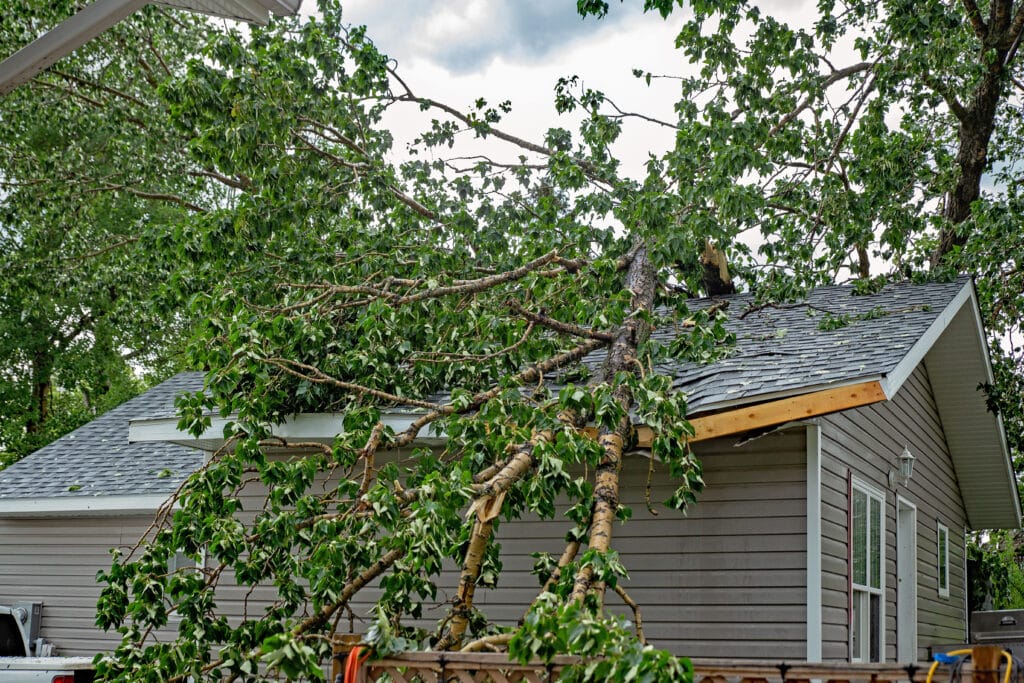Signs it May Be Time For a Roof Replacement
Replacing a roof is a significant investment and an essential maintenance task for homeowners. Knowing when to replace your roof is crucial to protect your home from leaks, water damage, and other structural issues. We’ll go over some key things to look out for to help you decide if it’s time to replace your roof.
Age of the Roof
The age of the roof is one of the most important factors when determining if you should replace your roof. If your roof is approaching or has exceeded its expected lifespan, it’s time to consider a full replacement. Different roofing materials have different lifespans, especially depending on the climate you’re located in. In Florida, you can expect roofs to last shorter than their expected life span due to the high heat and humidity.
Roofing Materials and Their Expected Lifespan
| Roofing Material | Expected Lifespan |
|---|---|
| Asphalt Shingles | 15-30 years (varies by type) |
| Wood Shingles or Shakes | 20-40 years |
| Metal Roofing | 40-75+ years |
| Slate | 50-100+ years |
| Concrete or Clay Tiles | 40-100+ years |
| Flat Roofing (Various) | 10-30 years |
| Rubber Roofing (EPDM) | 20-30 years |
| Synthetic Roofing | 20-50 years (varies by type) |
Visible Damage

Inspect your roof regularly for visible signs of damage, such as missing or curling shingles, cracked or deteriorating roofing materials, and moss or algae growth. These issues can indicate the need for replacement. Depending on how much of the roof is damaged will determine if you want to replace your roof fully. If more than 25% of the roof has damage, you should get it replaced. If you delay a full roof replacement, you are risking damaging the interior of your home. Water and moisture can enter your home through a damaged roof and cause permanent structural damage. If you are unsure of whether your roof is damaged or not, it’s a good idea to hire a professional roofing company to come out and inspect it.
Roof Leaks

If you notice water stains on your ceiling or walls, it may indicate roof leaks. Leaks should be addressed promptly to prevent further damage to your home’s interior.
Granule Loss
This sign only applies to shingle roofs. Check your gutters and downspouts for an accumulation of granules from asphalt shingles. Granule loss can indicate shingle deterioration and the need for a new roof. Granule loss is one of the best ways to tell if your shingle roof is aging and may need a replacement.
High Energy Bills
Most people don’t usually associate high energy bills as a sign their roof needs to be replaced, but a high energy bill can mean your roof isn’t doing its job of insulating your home. High energy bills could mean you have leaks or water damage, inadequate roofing ventilation, or poor heat absorption due to weathering of the materials. If you notice a rise in your energy bill compared to normal it may be a sign your roof needs a replacement.
Moss Growth
Moss growth on a roof is a common issue, particularly in areas with high humidity and frequent rainfall, such as Florida. While most may appear harmless, it can lead to several problems for your roof if left unchecked. Moss can hold moisture against your roof which can lead to leaks. Moss is easy to identify on a roof and it doesn’t mean you have to get a full replacement. You can get rid of moss using a soft bristle brush or chemical solutions.
Frequent Roof Repairs
If you find yourself frequently repairing your roof, it may be more cost-effective to invest in a new roof with a longer lifespan. The decision to replace your roof versus repairing it depends on multiple factors. While repair can be a cost-effective solution for minor issues, there are situations where roof replacement is the better long-term investment. You can use this guide to determine if replacing your roof is a better investment.
Storm Damage

Severe weather events, such as hailstorms or hurricanes, can cause substantial roof damage. After such events, it’s essential to have your roof inspected for any hidden damage that may necessitate replacement.
Local Building Codes
Some local building codes may require roof replacement after a certain number of years or if the roof no longer meets safety or performance standards. In Florida, we have the 25 percent rule, which states that if more than 25% of your roof is damaged then you must fully replace it unless your home complies with the 2007 Florida building code.
Should I Replace or Repair my Roof
While you may want to hold off on fully replacing your roof, there are times when it is more cost-effective to just fully replace your roof. Fully replacing your roof can lower your insurance premiums. Insurance companies will consider the risk associated with insuring your home and having a brand new roof significantly lowers their risk, so you can enjoy lower premiums. If you have any of the warning signs mentioned above, it may be time to get a full roof replacement. Generally speaking, it’s a good idea to hire a roofing company to come out and inspect your roof every few years. They will be able to give you a more nuanced opinion of whether you should replace or repair your roof. Feel free to use the tool below to get an instant roof estimate if you are interested in a roof replacement.